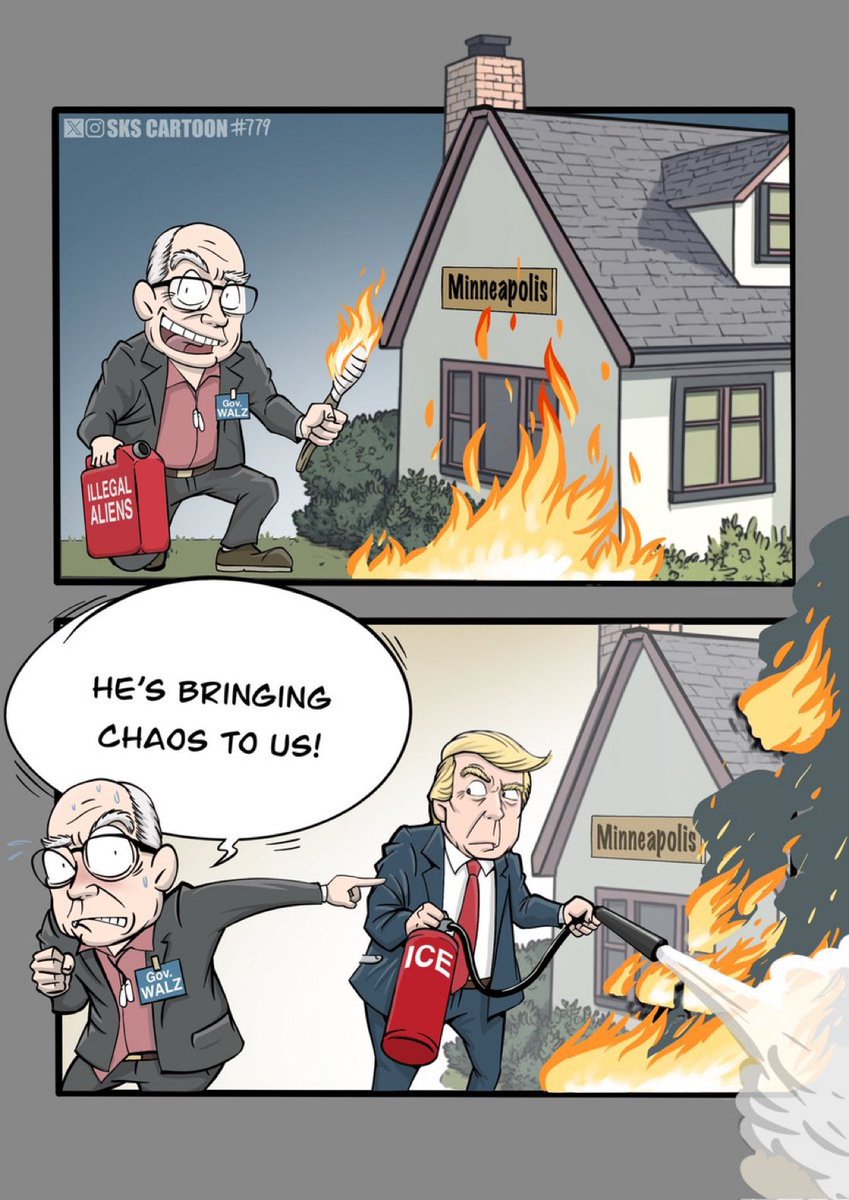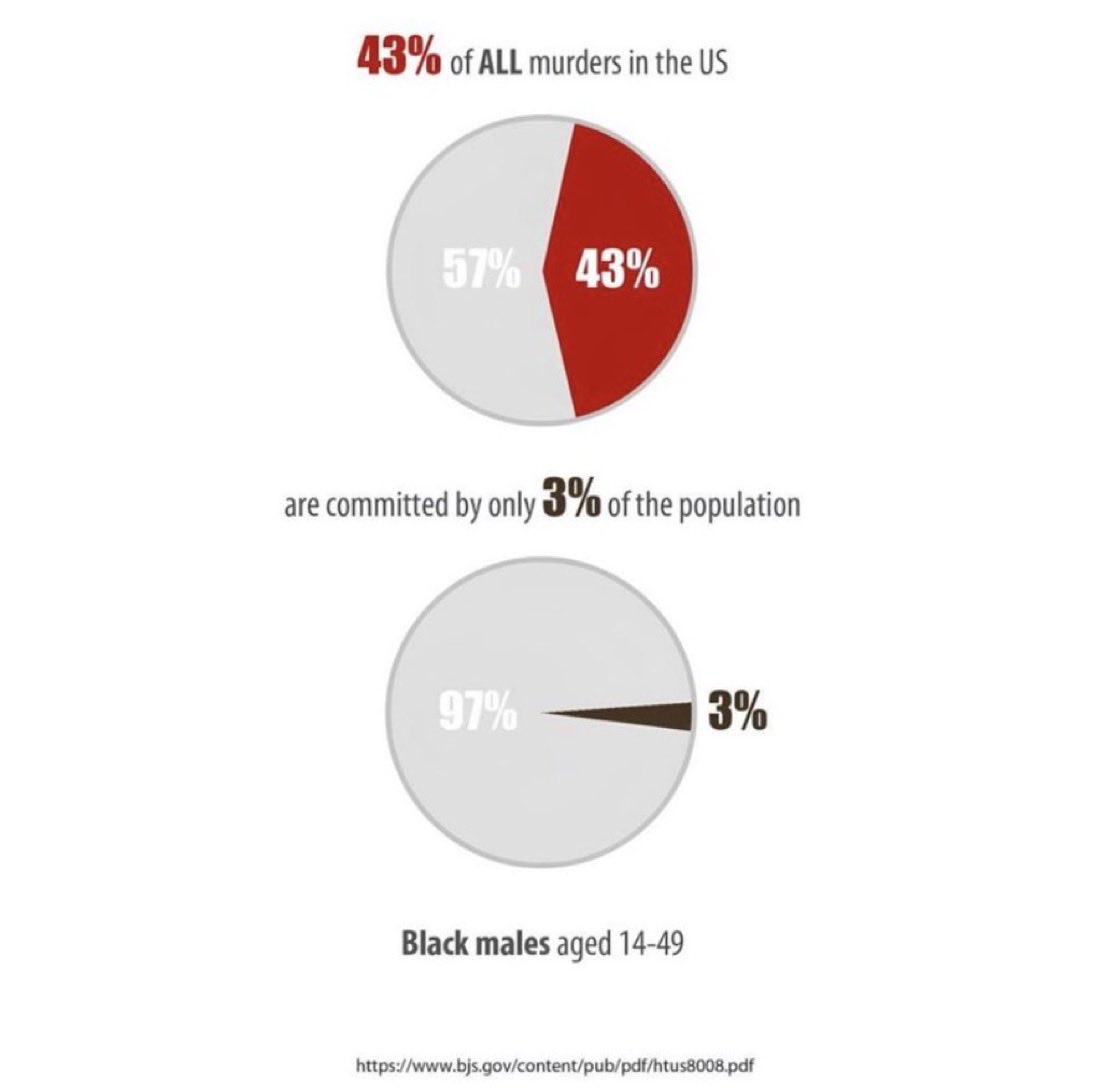#TwitterFiles revealed that COVID-19 natural immunity was being censored on social media.
You might recall when we caught a @pfizer scientist saying your antibodies are better than their vax.
#VaccineSideEffects a thread 🧵
You might recall when we caught a @pfizer scientist saying your antibodies are better than their vax.
#VaccineSideEffects a thread 🧵
A prev thread 🧵 on vaccines 💉
https://twitter.com/DeepBlueCrypto/status/1610463484785065984
Athletes are falling like flies
Children are falling like flies
News anchors are falling like flies
Normal people with perfect health conditions are falling down like flies. This has never been seen before 2019.
Wonder what happened since then🤷♂️
Children are falling like flies
News anchors are falling like flies
Normal people with perfect health conditions are falling down like flies. This has never been seen before 2019.
Wonder what happened since then🤷♂️
If the spike proteins in vaccines 💉 destroy 90% of the DNA repair mechanism in white blood cells, then imagine the diseases and cancers that will spread virally going forward
https://twitter.com/RobertKennedyJr/status/1612650058612195331
Brought to you by Pfizer
A MUST READ THREAD ON PFIZER
How Pfizer suppressed the natural immunity vs. Vaccine debate intentionally for choosing profits over its subjects health.
How Pfizer suppressed the natural immunity vs. Vaccine debate intentionally for choosing profits over its subjects health.
https://twitter.com/AlexBerenson/status/1612814320777449474
WHEN THREE PRESIDENTS HAD TO ENCOURAGE YOU TO GET YOURSELF VACCINATED…
MUST HAVE THOUGHT TWICE 😂
MUST HAVE THOUGHT TWICE 😂
First pilot in USA talking about the deadly effects of vaccines on his heart and the conditions they’re facing. Lot of them are afraid to talk about this for fear of retribution and job safety.
#MainstreamMedia doesn’t cover these for a reason 

The CDC changes the definition of vaccination faster than the virus mutates itself… no wonder they’re always right and can do no wrong 

• • •
Missing some Tweet in this thread? You can try to
force a refresh














